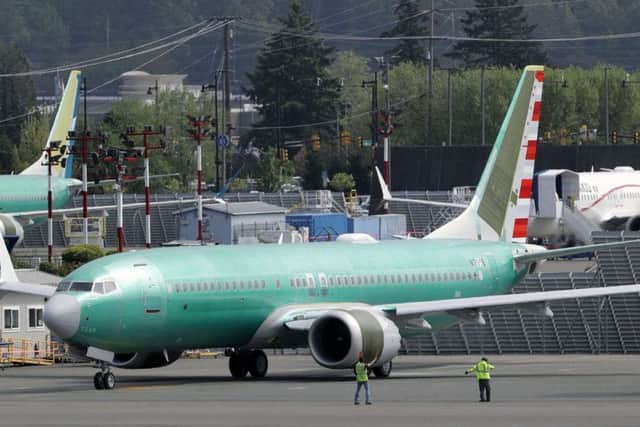Government should ban air mile schemes to cut excessive flying, climate report finds
Frequent flyers should also be hit by an "escalating air miles levy" to put them off flying too much, but measures should not raise prices for people taking an annual holiday, the report commissioned by the Committee on Climate Change (CCC) adds.
The suggestions are aimed to restrict the 15% of the UK population estimated to be responsible for 70% of flights, many of whom take additional flights to "maintain their privileged traveller status".
Advertisement
Hide AdAdvertisement
Hide AdAmong other aviation suggestions, all flights should advertise their emissions in a plain manner easily understood by customers, for example as a proportion of an average annual household's output, it adds.


The report: Behaviour Change, Public Engagement And Net Zero, was authored by Dr Richard Carmichael of Imperial College London.
It said that "high impact shifts in consumer behaviours" were needed for the UK to reach its goal of net-zero emissions by 2050, rather than the "small and easy changes" suggested to UK households in the past.
It added policy changes were required which were "consistent with the scale of the climate challenge, build optimism and commitment, and give weight to new ambitious narratives that inspire wide public participation."
The report also included wider recommendations on sustainable living, including weekly collections of food waste and changes to diet, particularly eating less meat and switching to largely plant-based diets.
It also suggested mandatory labels on food products to show the environmental impact of producing the item.
Other domestic travel recommendations include slashing prices on intercity rail services to reduce demand for cars and planes, and re-opening disused rail lines.
The UK is the world's first major economy to legally commit to becoming carbon neutral by 2050 after the ambitious target was recommended by the CCC.